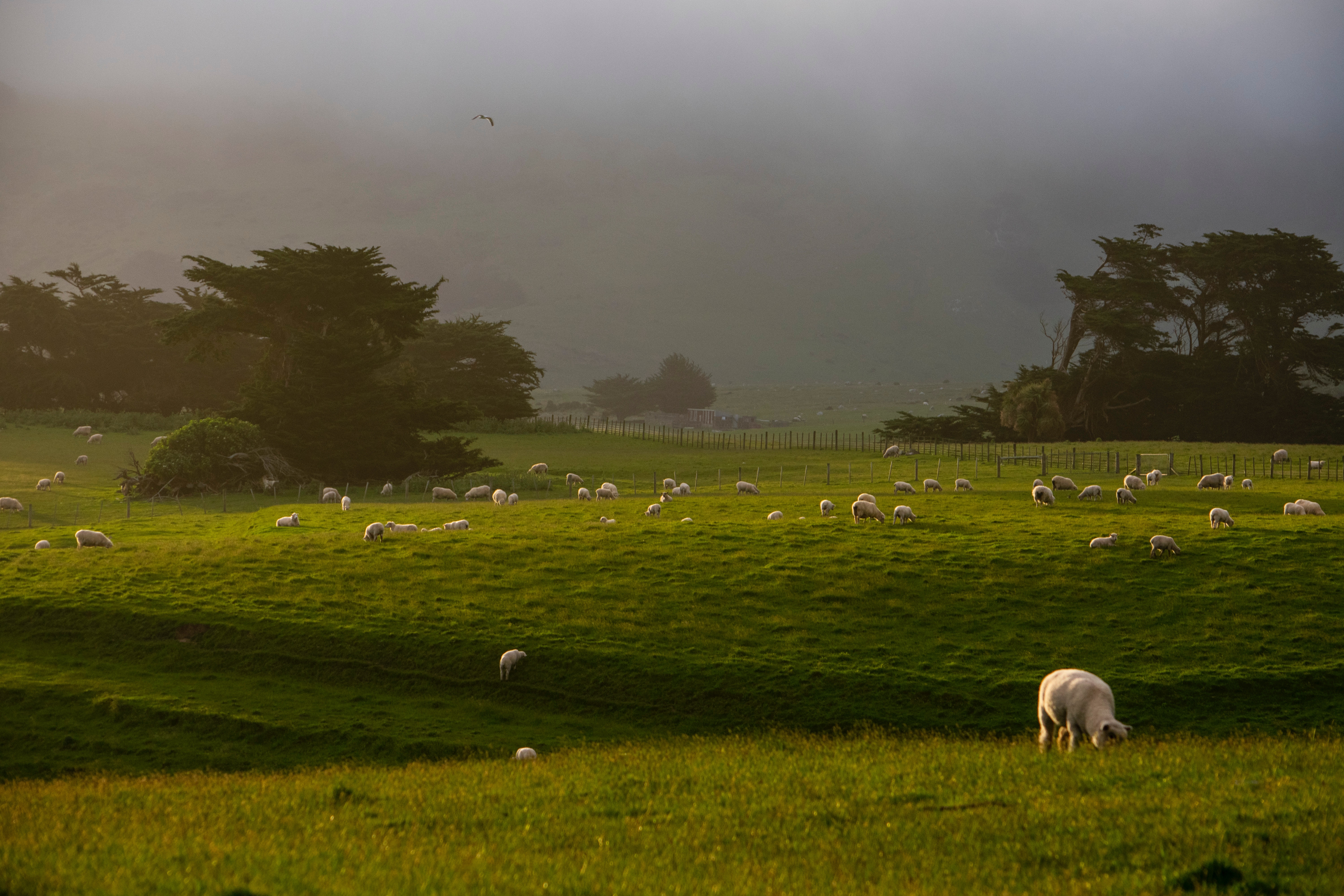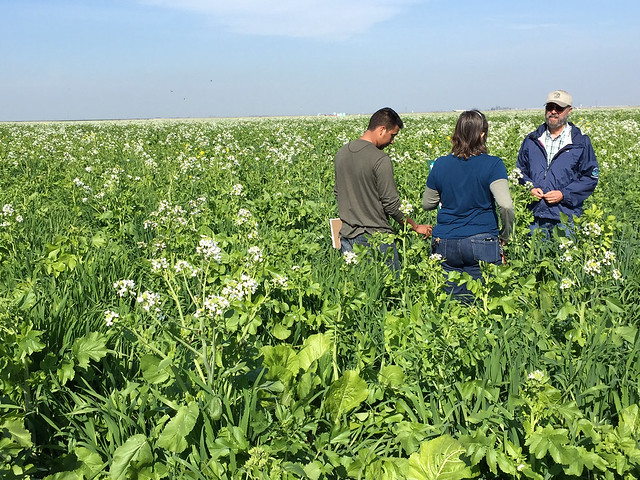



Delegates at the Oxford Real Farming Conference to champion regenerative agriculture
In the run-up to the COP26 Climate Conference, farmers and communities from 75 countries gather at global summit to show how farming can help fix the climate crisis.Thousands of farmers and activists across six continents will come together at the Oxford Real Farming Conference (ORFC Global) on 7th January to show that small-scale farming can fix the climate and ecological emergency.
ORFC Global delegates, including representatives of indigenous communities from the Amazon to Alaska, are pushing for food, farming and nature to be at the top of the COP26 agenda this November.
Farmers around the world who practice climate-friendly methods, including regenerative and organic farming, will share their success stories over the course of the seven-day global conference.


Colin Tudge, Oxford Real Farming Conference co-founder, said
“Agriculture in its present form is both a cause and a victim of all that is wrong with the world – from social injustice and political unrest to mass extinction and climate change. It is treated as a business, like any other, and required above all to compete for profit in the global market.
“What we need is real farming - based on the principles of agroecology and food sovereignty. ORFC Global will bring together farmers, food producers, activists, policy makers, academics and many others from around the world who are already showing how things could, and must, be very different.
“The ORFC is part of what is becoming a vital global movement - to restore agriculture to the centre of the world stage and to ensure that it operates in the best interests of all humanity and of the natural world.”
Elizabeth Mpofu, small-scale organic farmer, coordinator of the global farmers’ movement La Via Campesina and co-founder of the African Women Collaborative for Healthy Food Systems is one of 500 speakers at ORFC Global. She said:
“Small-scale agroecological farmers around the world, the majority of them women, are producing food and resources for their communities while reducing CO2 emissions from agriculture. It’s as simple as that. Agroecology is the way forward. It’s a climate-friendly farming system.”


Jyoti Fernandes, smallholder and coordinator of The Landworkers’ Alliance which represents farmers, growers, foresters and land-based workers in the UK, said:
“We are in a climate and ecological emergency, but we already have the solutions. Agroecology reduces carbon emissions, sequesters carbon and increases biodiversity. On top of this, small-scale farms using local supply chains reduce transport, waste, packaging and refrigeration.
“By growing food locally, we are cutting out the need for imports of crops that may have been grown on land cleared of forests. Leaders need to wake up to the facts quickly and set targets for a transition to agroecology.”
The call from farmers comes in the face of multiple global threats. The climate crisis, biodiversity loss, soil degradation, economic inequality and poverty continue to be caused and exacerbated by industrial farming, with huge monocultures devoid of workers relying on chemical inputs and geared to global markets. The COVID-19 pandemic has further exposed the weaknesses of global food systems.
The conference will host sessions put together with partners in Argentina, Australia, Austria, Belgium, Benin, Bolivia, Botswana, Burkina Faso, Brazil, Canada, Chile, China, Colombia, Cuba, Democratic Republic of the Congo, Denmark, Dominican Republic, Ecuador, Egypt, El Salvador, England, Ethiopia, Fiji, Finland, France, Germany, Greece, Ghana, Guatemala, Haiti, Honduras, India, Indonesia, Ireland, Italy, Ivory Coast, Japan, Jordan, Kenya, Malawi, Mexico, Netherlands, New Zealand, Nicaragua, Nigeria, Palestine, Panama, Paraguay, Philippines, Portugal, Romania, Scotland, Senegal, Sierra Leone, Spain, Slovenia, South Africa, Spain, South Africa, Sweden, Switzerland, Tanzania, Taiwan, Thailand, Timor-Leste, Togo, Trinidad & Tobago, Tunisia, Turkey, Uganda, Ukraine, USA, Wales and Zimbabwe.










